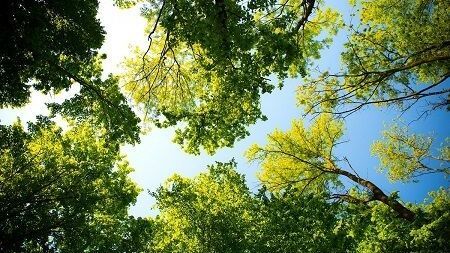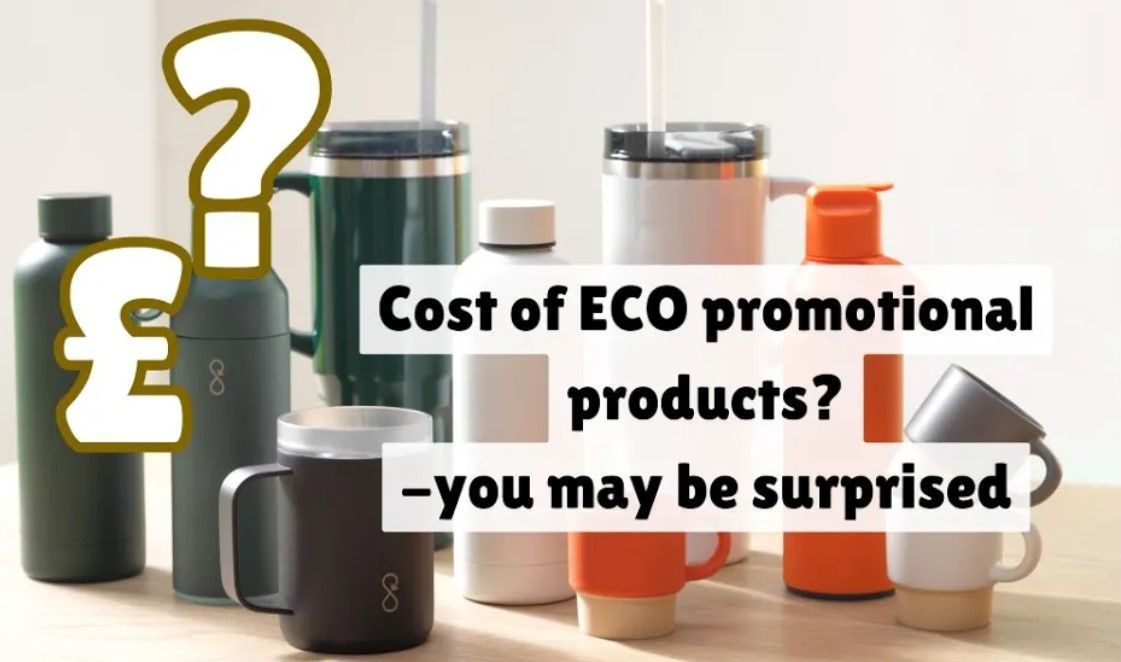Cotton and Organic Cotton - What's the Difference?
We want you to remain environmentally friendly.

Cotton is a natural fibre grown as crop in the US, China, India and Turkey amongst others. Being a natural fibre, cotton fabric will naturally biodegrade unlike the petrochemical based fabrics like polyester, nylon or rayon.
Cotton does come under some criticism environmentally because of the amount of pesticides and herbicides used on the crop and also the amount of water it consumes – particularly important since the crop is grown in hot climates.
In terms of the chemicals used to grow cotton the Organic Trade Association of the US claims that "Cotton is notorious for being one of the world’s most chemically intensive crops. Conventional cotton production soaks up 16-25% of the total pesticides produced worldwide, even though the crop itself only covers about 2.5% of the world’s total agricultural land".
Being a crop grown in hot climates the water used in irrigation is excessively high – although the US Cotton Growers body claim: "Cotton is very drought and heat-tolerant. Cotton does NOT require excessive amounts of water. In fact, cotton uses less water than many other major crops produced in this country. Only 35% of U.S. cotton acreage requires some form of irrigation-the rest of the cotton land is supplied by natural rainfall."
There is also a claim that the production of fibre and cloth is also water intensive. Although much of this water will be cleaned and recycled in many countries. The water effect in other countries can be dramatic – as reported in this MSPKU article:
"One of the most shocking examples of depletion of water resources caused by cotton plantations is the Aral Sea in Uzbekistan, which until 1960 was ranked fourth in the world in terms of size. Today, the lake area is only 25% of the initial size, and it holds only 10% of the initial volume of water. Due to rapacious water management for cotton bushes, the shore of that lake suffers from serious economic and ecological problems".
Given the conflicting comments it is difficult to draw firm conclusions. Using organic cotton (which does not use the chemicals in its farming) and which is naturally biodegrading may be a good option versus the polyester alternative. Although, it is possible to get polyester made from recycled bottles. Like many things environmental, the arguments are complex.
Our advice – use organic cotton, not cotton, and better still a recycled polyester.




